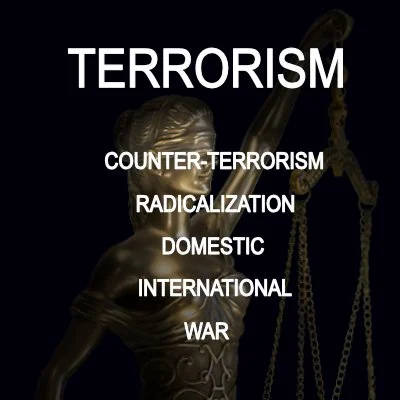By Maaha Elahi and Julian Hargreaves
This article presents a legal and public policy analysis of Shakeel Begg v British Broadcasting Corporation, a British libel case brought before the High Court in 2016. Begg v BBC provides a lens through which current debates on extremism and counter-extremism in the UK may be analysed. More specifically, the authors use their analysis of the case to address criticisms levied against the UK Government’s counter-extremism strategy, including the conceptualisation and definition of “Islamist extremism”. The article offers two main contentions. First, that the judgment in Begg v BBC has been undervalued by politicians and policymakers in the UK, as well as by scholars, journalists and other commentators. Second, that Lord Justice Haddon-Cave’s judgment in Begg v BBC provides a useful framework for those wishing to define, identify and tackle Islamist extremism, and extremism of any kind, in the UK and elsewhere.
The Hague: International Centre for Counter-Terrorism (ICCT), 2022. 32p.





















